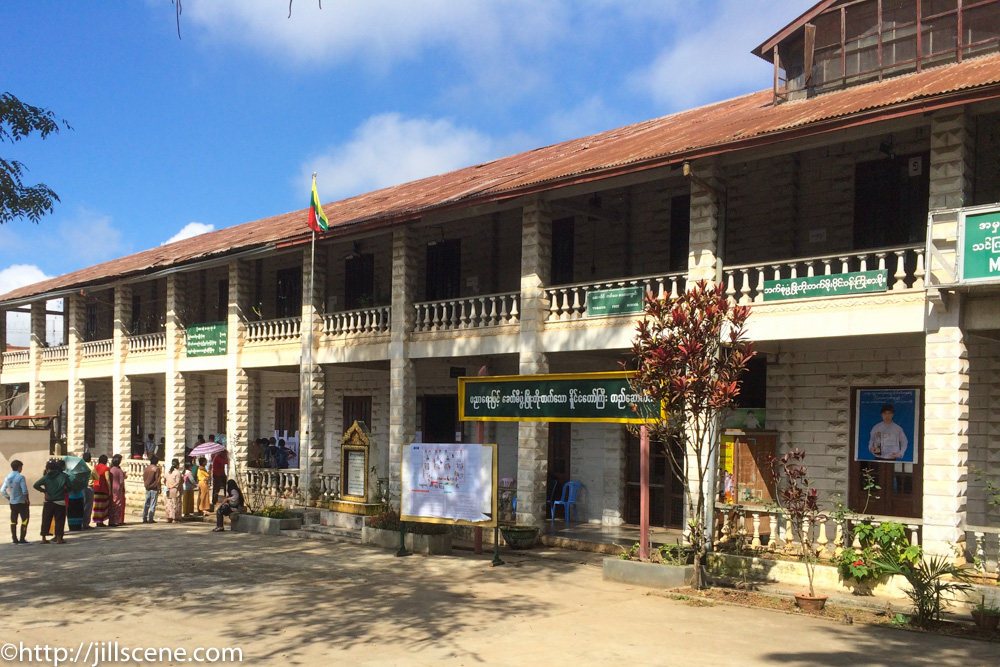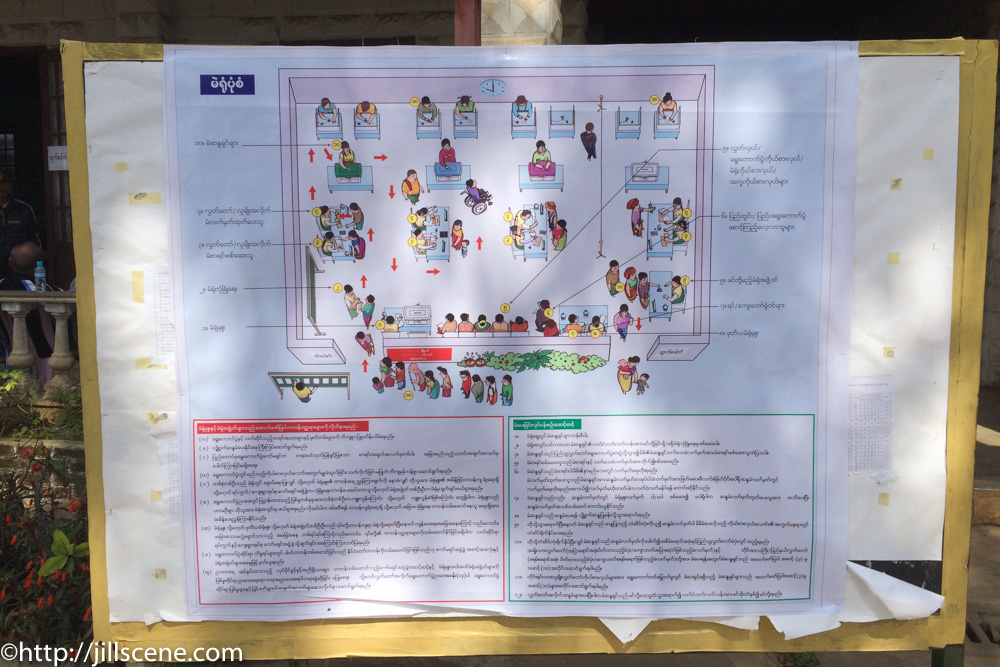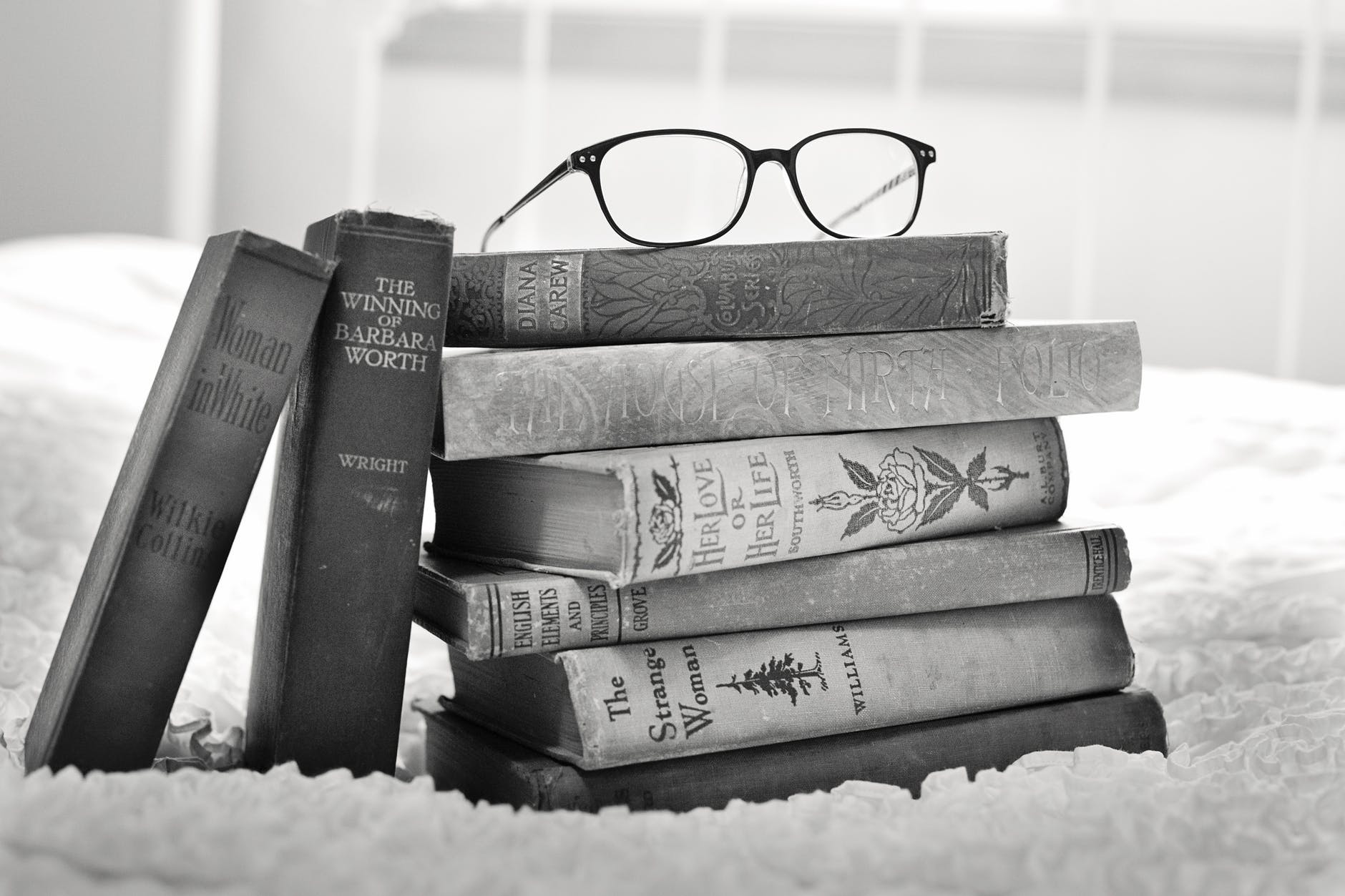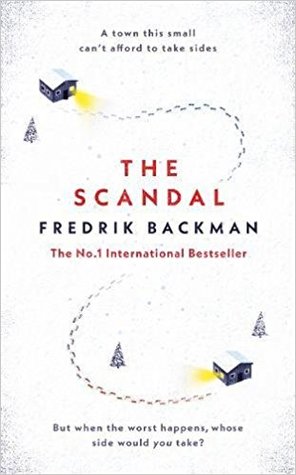On the 8th of November, 2015, a little over a week after John and I arrived in the country, Myanmar went to the polls. It was an election widely recognised as the first free democratic election in more than twenty-five years.
The world was watching. In fact my country, New Zealand, sent three observers, MP’s David Shearer, Mark Mitchell, and former MP Wyatt Creech.
In an effort to learn something of this, to me, mysterious and fascinating country I read The River of Lost Footsteps – A Personal History of Burma. The author is Thant Myint-U, the grandson of U Thant, former Secretary General of the United Nations. Thant Myint-U discusses the many different threads that have contributed to the situation of Burma today.
Published in 2006, when the military government was firmly entrenched and the possibility of a democratic election a seemingly impossible ideal, The River of Lost Footsteps puts forward a compelling argument against isolationist policies and the economic and trade sanctions imposed on Myanmar for decades. The West, the author says, has over simplified things and then wondered why their imposed solutions and sanctions haven’t worked. Now, doesn’t that sound familiar!
He argues that the sanctions served only to strenghten the power of the military over the people. In conclusion, he identified two possible and contrasting futures for Myanmar/Burma:
If Burma were less isolated, if there were more trade, more engagement—more tourism in particular—and if this were coupled with a desire by the government for greater economic reform, a rebuilding of state institutions, and a slow opening up of space for civil society, then perhaps the conditions for political change would emerge over the next decade or two.
The alternative, he argued, was a “return to anarchy, with powerful neighbours unlikely to stand by.”
By the time John and I visited in 2015, Thant Myint-U’s vision for the future appeared a possibility.
![By C.GEORGE (Own work) [CC BY-SA 3.0 (http://creativecommons.org/licenses/by-sa/3.0)], via Wikimedia Commons](https://jillscene.com/wp-content/uploads/2016/02/aung_san_suu_kyi_p6060070_03-e1455143008398.jpg?w=1300)
Daw Aung San Suu Kyi in 2013
Many revere her. They admire her ability to stay calm under enormous pressure, her wisdom. As someone told me:
The Lady tells us: we know so much from the Buddha that can help us. But we can also learn from the world. She says, it’s not just her, everyone can be the same, if they can learn to think.
That person went on to say they didn’t know what would happen in the election because so many decry Suu Kyi as the darling of the West.
In a country known for its nationalism, being able to walk in both worlds isn’t necessarily regarded as a sign of strength.
Nevertheless, almost universally, the people we spoke to were desperate for change. But they were fearful of what might happen. They remembered the election of 1990, when the National League for Democracy won by an overwhelming majority but the military simply ignored the results. They thought the military might not hand over power, yet again. (However, this time around the military and the outgoing Union, Solidarity and Development Party, USDP, have acknowledged the results.)
In a country where many people do not own televisions, where cell-phones are becoming more common but access to the internet is limited, electioneering took place on the street, most obviously to us in the form of long parades. Supporters, dressed in their party colours, rode in similarly decorated cars and trucks and motorbikes. They waved flags, sang and chanted. Megaphones blared their party message, no doubt exhorting others to join them. The processions stretched for miles.
One evening, I stepped from our hotel in Yangon on to the street. A long line of NLD supporters marched along the road, singing their anthem. I don’t know the words but I recognised the tune: the Beatles hit: OBlaDi, Oblada! I tried to resist singing along. It was safer, I thought, to adopt a neutral stance. But the enthusiasm was infectious.

Campaigning in Yangon
I thought the same a few days later as, standing in the dust on the side of the road, I watched an even larger parade in Taungoo. They waved and cheered at us, inviting us to applaud and sing along. I’ve never felt such palpable excitment, such hope.
Raised hopes are a good thing; until they are dashed. Then they are dangerous. It seemed to me then, that Myanmar was a country at a tipping point. Whatever the result of the election, I doubted there would or could be any going back to the old ways, but the path forward seemed treacherous at best.
Some we spoke to, while telling us that foreigners were safe in their country, worried for themselves, for their children, that the civil wars being fought between the government and several ethnic groups would become more widespread.
The government, concerned about unrest or perhaps as a heavy handed attempt to influence the election results, deployed troops to likely hot spots. Indeed, it may have been pre-election jitters that contributed to our brush with the authorities on the road to Mektila.
People were braced for trouble. And yet in the lead up to the election and on the day itself, there were very few violent incidents.
On election day John and I went to Mass to pray for peace. The service was contemplative. Perhaps I’d say that anyway—I didn’t understand a word. I did recognise some of the music. The communion hymn may have been sung in Burmese but there was no mistaking the tune or the message when the organist struck up the classic Rock of Ages.
On our way back to the hotel we passed a polling station. From the gate we saw a long queue of people quietly waiting to cast their vote.

The queue
The officials managing the process seemed very proud of how they were conducting the election and we were invited into the building itself. Sometimes discretion is required and we politely declined.

Voting instructions
Later in the day, on our way to Nyaung Shwe and Inle Lake, we passed another polling station where people were still queuing. It was a scene we learned later, from the BBC, that was repeated all around the county. Concerns that uncast votes might be misappropriated led to large numbers of people arriving at the polling stations as early as 6:00 in the morning. Many queued for hours.
For days afterwards people proudly displayed their inked little finger, the nail painted in the colour of their party, and that most commonly was red, the colour of the NLD Party.
The mood of the country, when the results of the landslide victory for the NLD Party came in, was euphoric.
Since returning home I’ve watched the news, and followed the negotiations about the transfer of power to the NLD (National League for Democracy) Party. By Western standards, it seems a complex and slow process. The new parliament sat for the first time a little over a week ago; next month they will choose the president, and then the USDP party will offically hand over power to the new government.
I have the impression there are very careful negotiations taking place. This is, afterall, the same government that, when they didn’t like the outcome of the 1990 election, kept Suu Kyi under house arrest. The same government that has brutually suppressed any opposition. Furthermore, due to the constitution which the military government established, the military will retain considerable power in the new parliament. It automatically has 25 percent of the seats and it will hold key portfolios such as defence, and home and border affairs. And then there is the much discussed control over the selection of the president. Under the constitution Suu Kyi is barred from this position because her children are British citizens.
Although the NLD landslide might be the culmination of a thousand steps towards change, in the direction of Thant Myint-U’s preferred option, it is also only the first of the many thousands more that are still required. As The Lady herself has said, while exhorting her people to be patient and not to shame those who lost, there is much to be done.
If anything can kill hope it must be sixty years of brutal oppression. But in the Shan State, in Northern Myanmar, I witnessed an uprising. It was peaceful but it was an uprising nevertheless. It came from people like you and me. People who want a better future for their children. People who want to live in a civil society; who hope for peace in their time; for the rule of law rather than the rule of might. Ordinary, everyday people who dared to put into action their cry for change. Those people did a radical thing. They cast their vote. And they did so in a calm, yet determined manner. I witnessed hope in action.
Democracy with all its imperfections, and the election in Myanmar was far from perfect, is something to treasure. I doubt I’ll ever take my right to vote for granted again.
Categories: Myanmar (Burma), Off-shore Adventures, On Books





a beautifully balanced first hand description of a momentous moment in Myanmar’s history. thank you for taking us with you!
LikeLiked by 1 person
I’m glad you enjoyed the post, Eileen.
LikeLike
Incredible post Jill. You bring the hopes (big), uncertainty (with their history, always lying right below the surface) and the beauty of the people, especially the young, looking forward and embracing the change that seems to be happening in this great country. It seems that there is such optimism in this country now, and with political and economic reforms seemingly moving forward without great resistance on the surface, it is almost impossible not to be excited for the people there. Wonderful job in bringing all of this through in your writing and what an experience it must have been to have seen this election period unfold during your time there (I had thought how great it would have been to witness such a day).
LikeLiked by 1 person
Thank-you Randall. I am fascinated by what is taking place. The leaders and advisors impress me as analysts and strategists of the highest calibre.
You might be interested in this interview with Thant-Myint U, discussing the challenges faced during the current transition and in the years to come. He says there’s a lot of reasons for optimism—which is very encouraging.
LikeLike
Thank you Jill ~ I agree, there is so much positivity especially among the youth. There is no turning back, and it is heartening that even the military/old guard realize the same path 🙂
LikeLike
This post gave me goose bumps Jill. Your words have caught the feeling of hope and the excitement generated by the parades, the short video clip throbbed with hope for the future. I do hope they get their wishes for a peaceful, democratic country. What an incredible time to be in the country. It was a similar point in history in 1989/90 when I travelled on the Trans Mongolian Express. Gorbachev with his cry of “perestroika” and the Berlin wall coming down and hope for democracy spreading through the Eastern Blocs.
LikeLiked by 1 person
Wow, thanks Pauline! And you know, I have travellers envy—that must have been one incredible train trip. Have you written a post about it?
LikeLiked by 1 person
No I haven’t Jill I wouldn’t know where to start…All the photos would need scanning, major, time consuming job!!!!
LikeLiked by 1 person
Ah, well, save it for a rainy day, then 🙂
LikeLike
And if by chance that rainy day should ever happen, you know you’ve got one keen reader!
LikeLike
Hmmm not many of them around here!!! Maybe when I am in my rocking chair…
LikeLiked by 1 person
I’ll have to wait a decade or three, then!
LikeLike
At least…
LikeLiked by 1 person
Jill I learned a great deal from your article. It must have been fascinating, if not a bit scary to be there during the election process. There is so much we take forgranted in democratic countries, including basic freedom.
LikeLiked by 1 person
Thanks Sue. The lives of the people we talked too have been, and in many ways still are, constrained because they don’t have the freedoms we take for granted. I think it must be like living perpetually on high alert —very wearying.
LikeLiked by 1 person
Great response to the theme Jill, and a really interesting read. Thanks.
LikeLiked by 1 person
So pleased you enjoyed it, Su.
LikeLiked by 1 person
The video is great. Helps to give an understanding of the excitement around the elections. I hope everything works out well for Myanmar. Good times are well overdue. And, yes, we must never take our right to vote for granted. Not just the right to vote, but for our vote to be honoured and acted upon.
LikeLiked by 1 person
So very true, Gallivanta – and hopefully, that is what is changing for the people of Myanmar.
LikeLiked by 1 person
Very interesting travel observations there, Jill!
LikeLiked by 1 person
Thanks Robyn.
LikeLike
Very enlightening!
LikeLiked by 1 person
Hey, thanks for reading and commenting, Airam.
LikeLike
Absolutely!
LikeLiked by 1 person